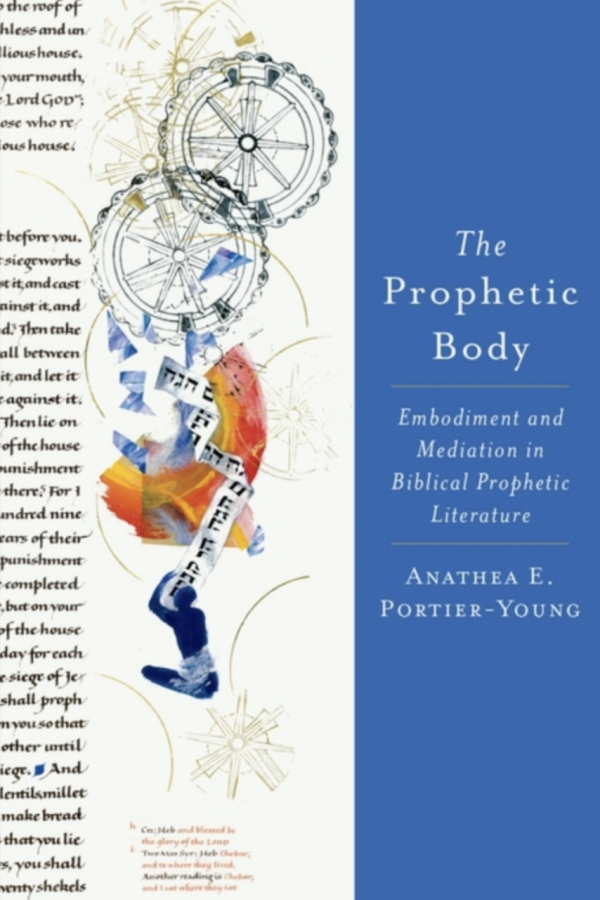Anathea Portier-Young, associate professor of Old Testament at Duke Divinity School, has written a new book, "The Prophetic Body: Embodiment and Mediation in Biblical Prophetic Literature."
Biblical prophecy involves more than words: it is always also embodied. After assessing the prevalence, implications, and origins of a logocentric model of biblical prophecy, Portier-Young proposes an alternative, embodied paradigm of analysis that draws insights from disciplines ranging from cognitive neuroscience to anthropology.
Portier-Young provides a new, embodied paradigm of analysis for biblical prophecy, offering tools for academics and students to study a wide range of texts with new emphasis on the body. The book offers a broadly based account of prophetic embodiment. She first assesses the prevalence, implications, and origins of a logocentric model of biblical prophecy, then proposes an alternative, embodied, and interdisciplinary paradigm. She argues that embodied religious experience and affect are not merely antecedent or coincidental to prophetic mediation but are both means (how mediation occurs) and objects (part of what is mediated).
While Portier-Young's primary aim is to intervene in how biblical scholars understand and talk about prophecy, the book has broader implications for how we map the relationships between spoken and written word(s) on one hand and body and praxis on the other. She provides a game-changing reframing of prophecy that not only changes how we read biblical texts, but also funds and energizes our understanding of prophetic witness in the contemporary world.
